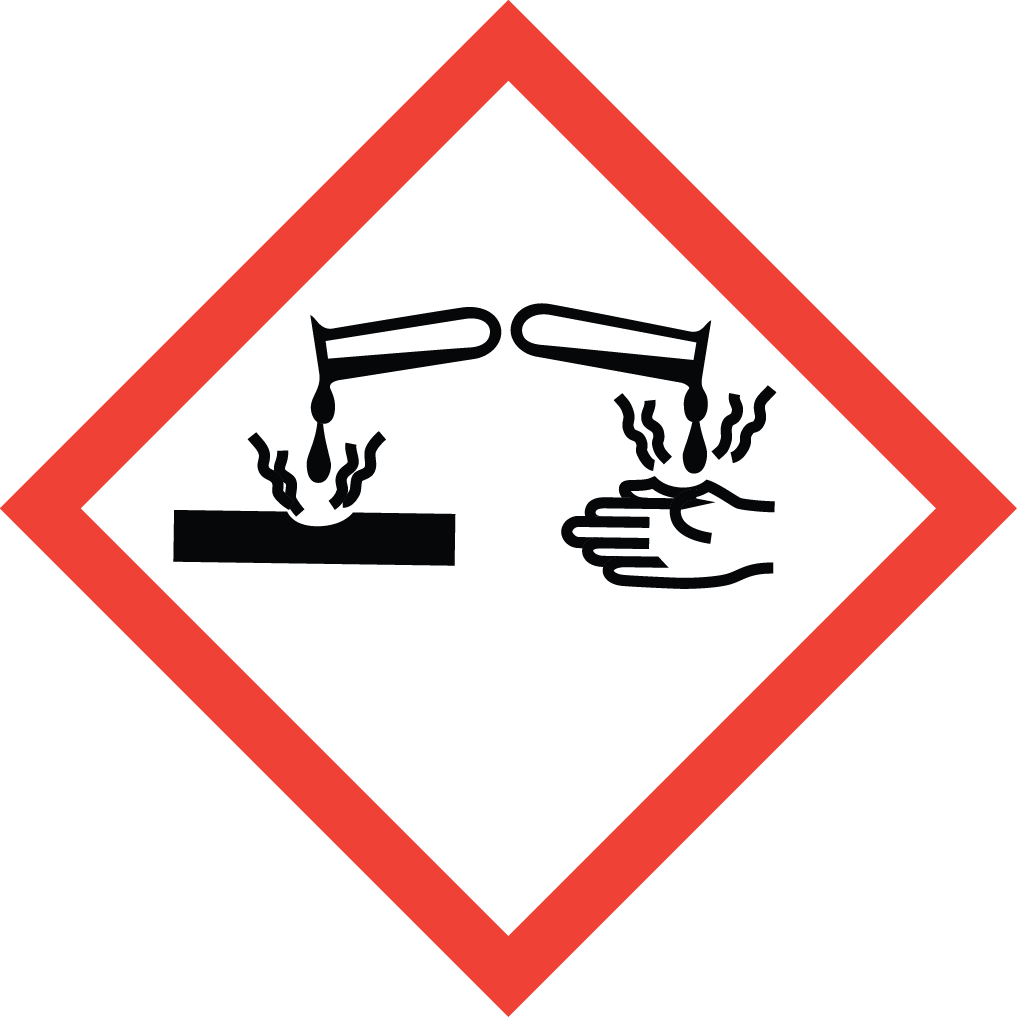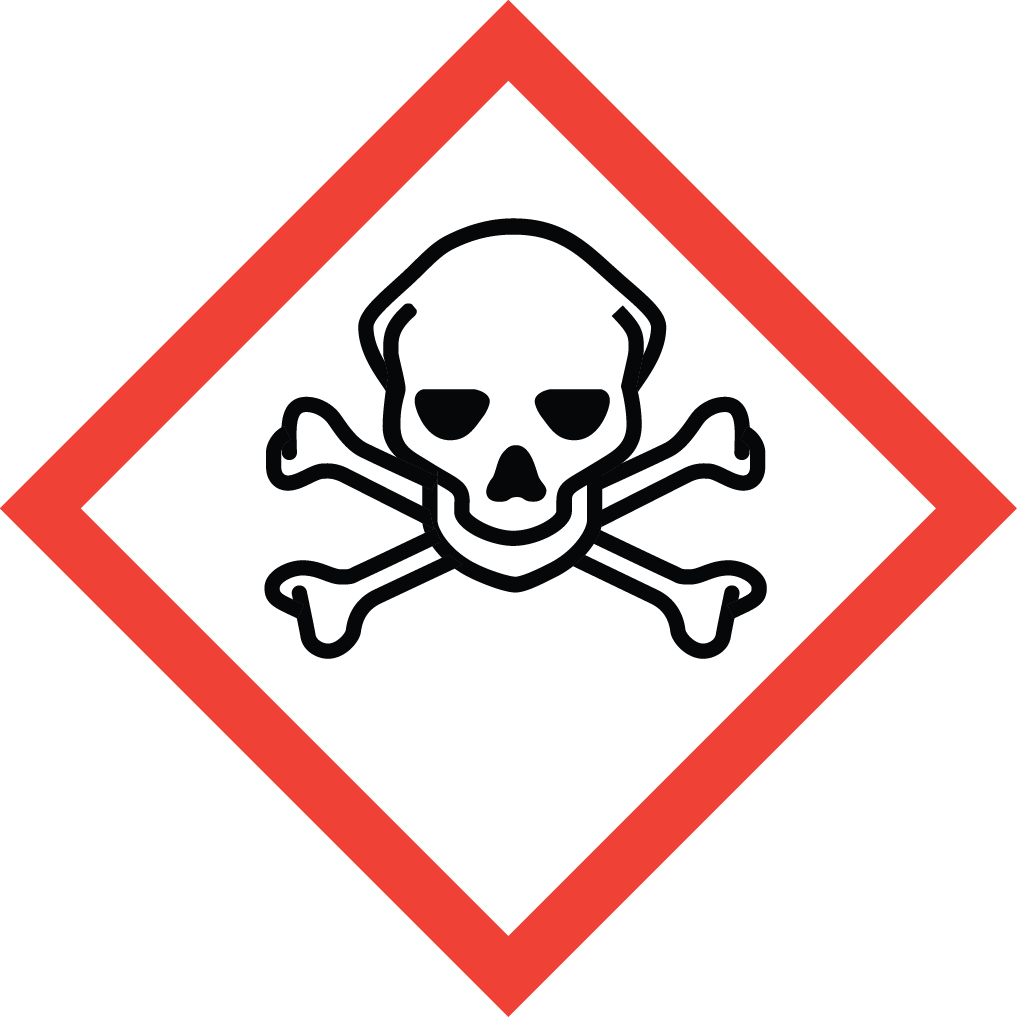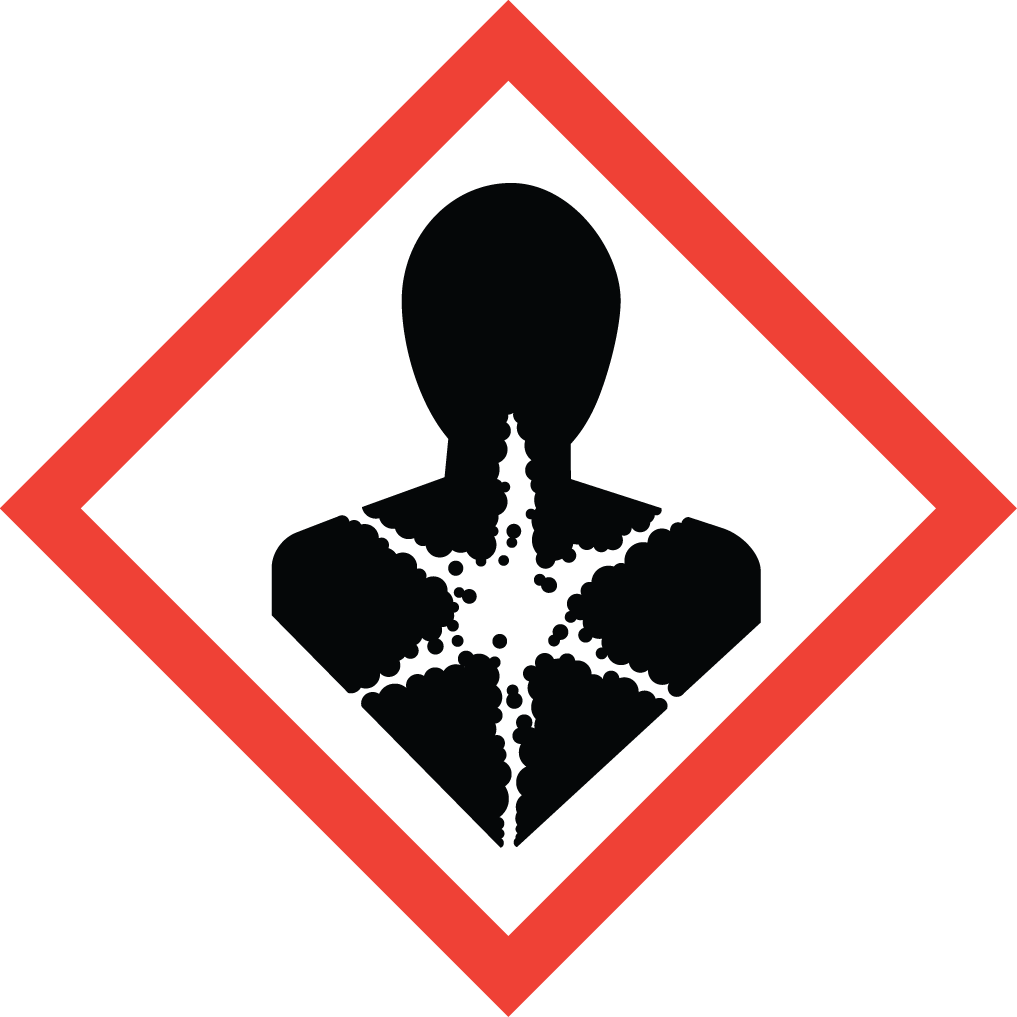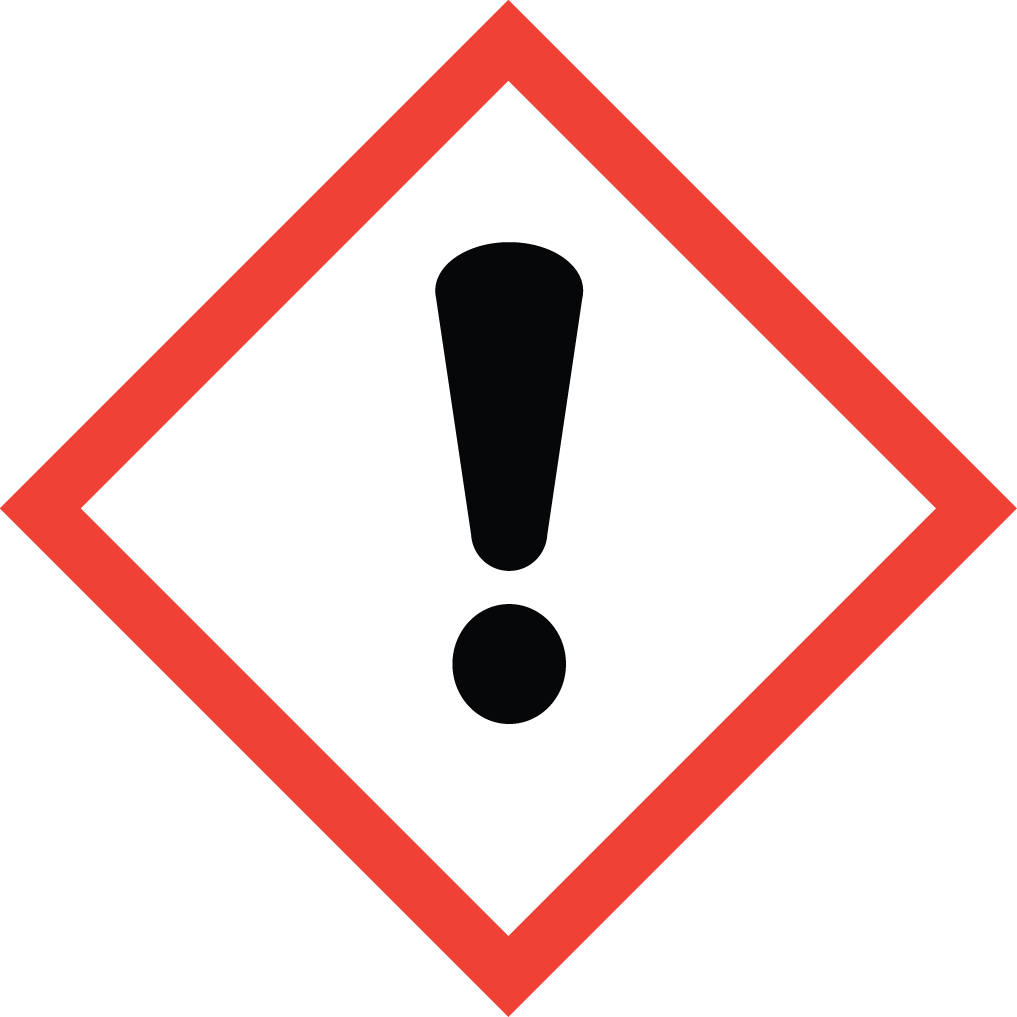Aure Chemical: Your Reliable Partner for High-Purity Maleic Anhydride (CAS 108-31-6)
Aure Chemical is a leading global supplier of Maleic Anhydride (MA), systematically known as 2,5-Furandione. This highly reactive and versatile organic compound is a cornerstone of the chemical industry, indispensable for synthesizing a vast array of high-value products. Available in both solid (flakes, pellets, or briquettes) and liquid (molten) forms, our high-purity Maleic Anhydride serves as a crucial building block, enabling complex chemical transformations across numerous sectors worldwide.
Basic Information of Maleic Anhydride
Maleic Anhydride (CAS No. 108-31-6) is produced to meet stringent quality standards, ensuring exceptional purity and consistent performance for your specialized applications:
| CAS No.: | 108-31-6 |
|---|
| EC No.: | 203-571-6 |
|---|
| Linear Formula: | (CH=CH)(C=O)₂O |
|---|
| Molecular Weight: | 98.06 |
|---|
| Appearance: | Transparent Liquid |
|---|
| Odor: | Acrid, pungent, suffocating odor. |
|---|
| Melting Point: | 51-56 °C (lit.) |
|---|
| Boiling point: | 200 °C (lit.) |
|---|
| Density: | 1.48 |
|---|
| Solubility: | Reacts with water to form maleic acid; soluble in acetone, benzene, toluene, xylene. |
|---|
| Flash Point: | 218 °F |
|---|
| Purity: | Corrosive, combustible, strong irritant. |
|---|
| RIDADR: | UN 2215 8/PG 3 |
|---|
| Chemical Structure: |  |
|---|
Our commitment to delivering high-purity MA ensures a reliable and efficient component for your diverse manufacturing and synthesis needs.
Primary Applications of Maleic Anhydride (MA)
Maleic Anhydride's unique reactivity, characterized by its unsaturated five-membered ring structure, drives its extensive utility in various industries:
Unsaturated Polyester Resins (UPR):
This is the largest application for Maleic Anhydride. UPRs are widely used in fiberglass reinforced plastics for construction (e.g., bathtubs, pipes), automotive parts, marine applications (boats), and other composite materials, providing strength and durability.
1,4-Butanediol (BDO) and Derivatives:
Maleic Anhydride is a key raw material for the production of 1,4-Butanediol (BDO) via hydrogenation. BDO itself is a crucial intermediate for engineering plastics (like PBT, PU), tetrahydrofuran (THF), and gamma-butyrolactone (GBL).
Lubricant Additives:
Derivatives of Maleic Anhydride, particularly maleated polyolefins, are used as dispersants and viscosity index improvers in lubricating oils and fuels, enhancing their performance in engines and machinery.
Agrochemicals & Pesticides:
MA is an intermediate in the synthesis of various agrochemicals, including certain herbicides, insecticides, and plant growth regulators, contributing to agricultural productivity and crop protection.
Food Additives & Flavor Enhancers:
Although Maleic Anhydride itself is not a food additive, it is used to produce fumaric acid and maleic acid, which are widely employed as acidulants and flavor enhancers in the food and beverage industry.
Specialty Resins & Copolymers:
It's used in the production of various other resins and copolymers, including alkyd resins, which are used in paints and coatings, and maleic anhydride copolymers, which find applications as dispersants, thickeners, and sizing agents.
Customized Maleic Anhydride Solutions to Meet Your Needs
At Aure Chemical, we understand that flexibility in supply is key to your operational success. That's why we offer Maleic Anhydride in both solid and liquid forms. Your specific application, handling capabilities, and production processes will determine the most efficient and suitable form for you. We encourage you to communicate your preferred Maleic Anhydride form to our sales team in advance so we can tailor our supply to your exact requirements, ensuring seamless integration into your operations and optimizing your logistics.
Why Choose Aure Chemical for Your Maleic Anhydride Supply?
Aure Chemical is dedicated to providing superior chemical solutions and unparalleled customer support. By partnering with us for your Maleic Anhydride requirements, you benefit from:
Exceptional Purity & Consistency: Our Maleic Anhydride is manufactured to high purity specifications, crucial for the quality and performance of your end products.
Flexible Supply Options: We offer both solid and molten forms to best suit your processing needs and logistics.
Reliable Global Supply Chain: We maintain a robust and efficient supply network, guaranteeing timely and secure delivery of this essential chemical to your facilities worldwide.
Expert Technical Support: Our team of experienced chemists and specialists is readily available to offer comprehensive guidance on product application, safe handling, and storage of Maleic Anhydride.
Commitment to Quality & Safety: We adhere to the highest industry standards for quality management, safety, and environmental responsibility across all our operations, ensuring peace of mind for our clients.
Choose Aure Chemical for a trustworthy and dependable supply of high-quality Maleic Anhydride. We are ready to support your most complex chemical endeavors.
Hazards Classification
GHS Classification: Corrosive (GHS05), Acute Toxicity (GHS06), Health Hazard (GHS08), Irritant (GHS07)
Hazard Statements: Causes severe skin burns and eye damage; harmful if swallowed or inhaled; may cause respiratory irritation; may cause an allergic skin reaction; may cause allergy or asthma symptoms or breathing difficulties if inhaled.
UN Number: UN 2215
Hazard Class: 8 (Corrosive Substances)
Packing Group: III
 GHS05: Corrosive
GHS05: Corrosive GHS06: Acute Toxicity
GHS06: Acute Toxicity GHS08: Health Hazard
GHS08: Health Hazard GHS07: Irritant
GHS07: Irritant
